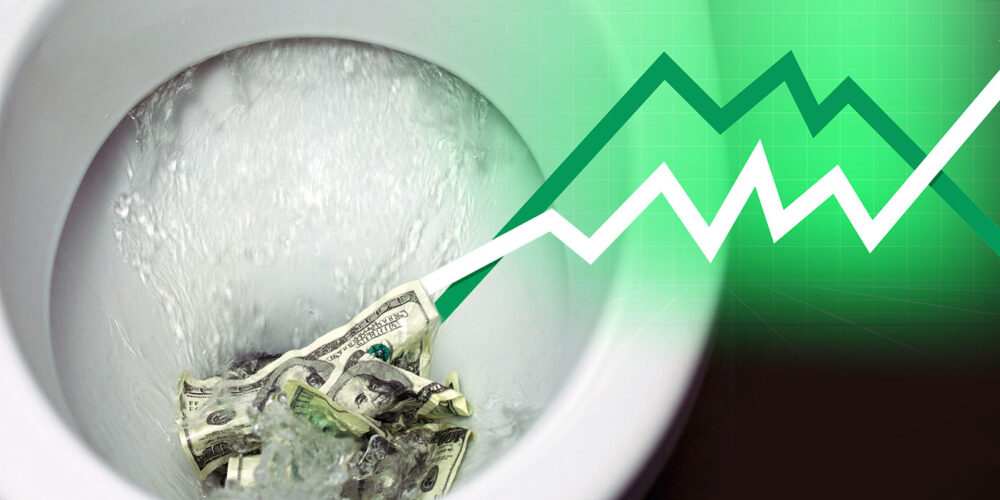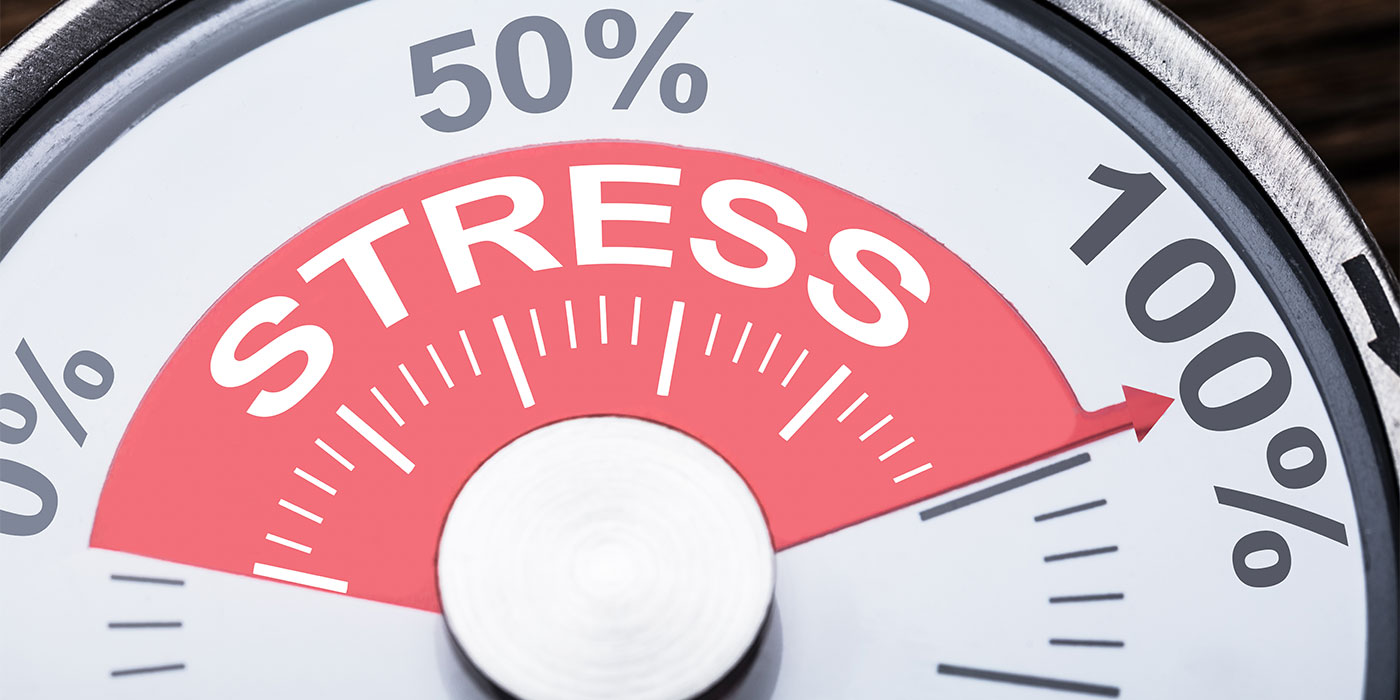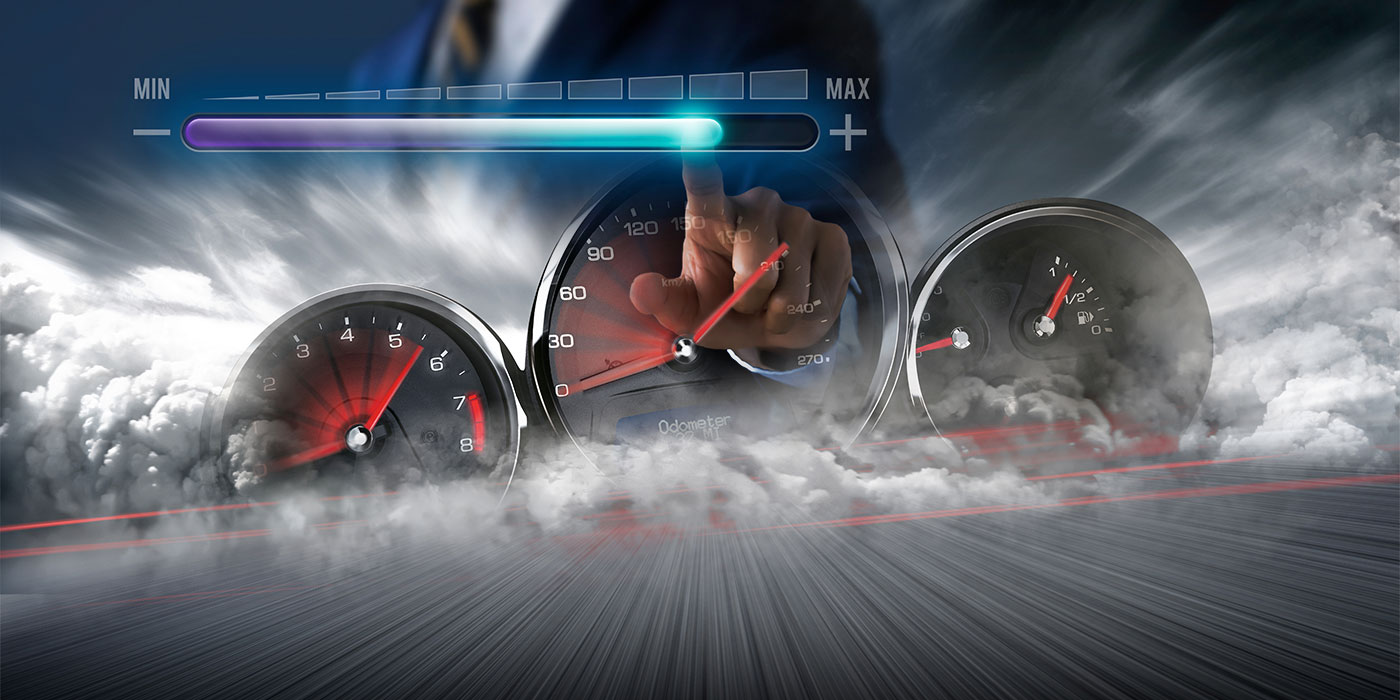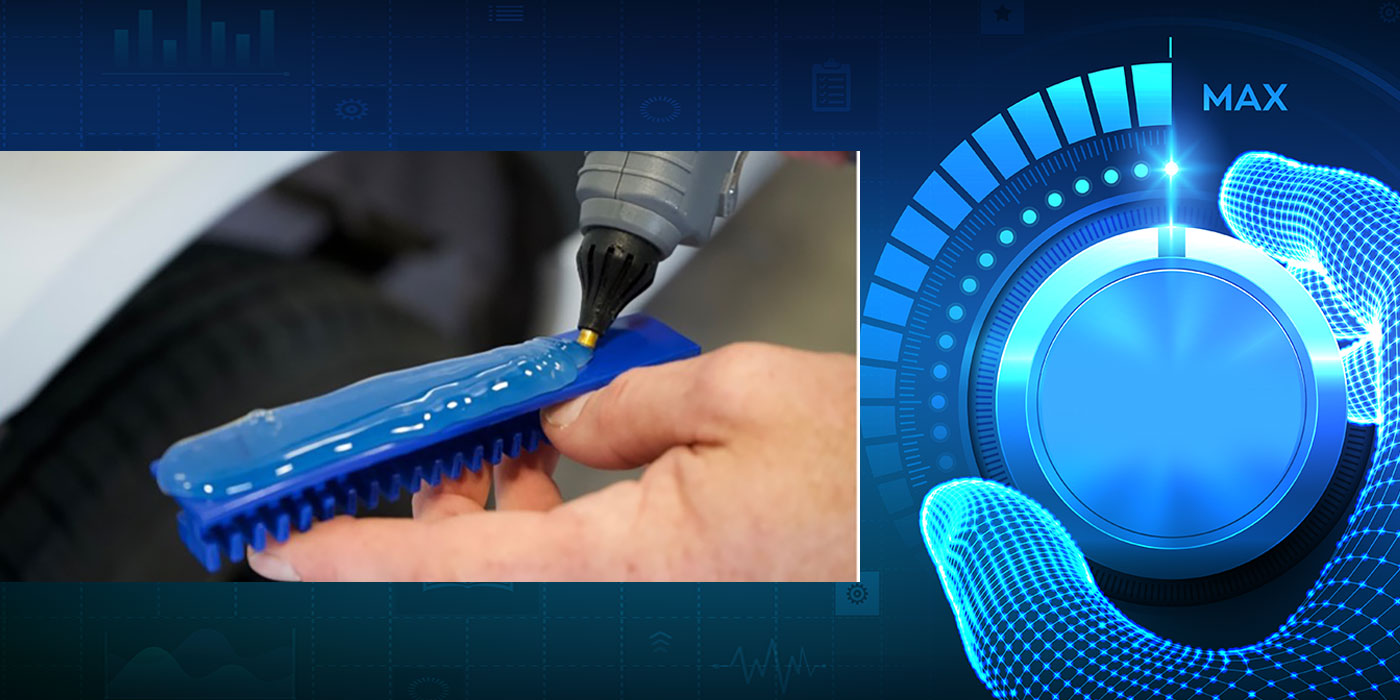I get several inquiries a month from auto body shop owners on how they can calculate the values of their businesses. Most believe there’s a set formula, and there certainly are some financial and accounting formulas that could be applied to answer this question. There is also a heck of a lot of work that needs to be done that has nothing to do with finance or accounting but rather with the commercial and operational issues within the business largely utilized to determine risk.

As a collision repair shop owner, understanding the value of your business is essential, whether you’re looking to sell, expand or transition your shop. This knowledge empowers you to make informed decisions and strategize effectively for the future.
In this article, we’ll explore the various factors and methods used to determine the value of a collision repair shop, helping you unlock your business’s true worth and achieve the freedom you desire.
Different Valuation Methods
Before diving into the specific factors that contribute to your shop’s value, it’s crucial to understand the various valuation methods available.
Four primary methods are used for business valuation:
- A certified opinion of value from a credentialed business appraiser
- A calculation (or estimate) of value by a credentialed business appraiser
- Software-generated valuation
- An estimate of a likely sale price by a transaction advisor.
Each method has its pros and cons, depending on why you want a valuation and where you are in the process. If you’re looking to get an estimation of the value for future planning, whether it be to set a baseline for future growth or begin planning for a future transition or exit, then a lower-cost estimation of value may be more appropriate. If you’re preparing for an internal transfer of your shop to a family member or key employees, you’ll want a more formal type of valuation. It’s essential to consult a professional to determine the most suitable method for your unique situation.
Financial Performance
Financial performance is a critical aspect of any business valuation. To understand your collision repair shop’s financial health, you’ll need to assess your shop’s revenue trends, expenses, profit margins and free cash flow over the past few years. This information is crucial for determining your shop’s earning potential and identifying growth patterns or potential areas of improvement.
Financial performance is a critical aspect of any business valuation.
Another aspect of analyzing your financial performance that’s important is to benchmark your shop against the industry. Most shop owners don’t have access to this information, yet qualified exit planners, M&A professionals and business brokers do.
Reputation and Brand
A strong brand and positive reputation can significantly impact your collision repair shop’s value. To measure the strength of your brand, consider factors such as your online presence, industry recognition and customer loyalty.
A robust online presence, including a user-friendly website, active social media profiles and positive customer reviews, can increase your shop’s visibility and attract new customers. Additionally, awards, certifications and memberships in industry associations can enhance your shop’s credibility and boost its value. Hiring a top-notch marketing team can be a great investment to build your brand and increase your value.
‘Boutique’ or ‘Scale’ Shop?
To explain this concept, let me use the restaurant industry as an example. McDonald’s is a “scale” business, appealing to the masses and easily duplicated. Ruth’s Chris Steakhouse is a “boutique” business that caters to a specific clientele. Neither is better than the other; they each have their purpose.
In the collision industry, a shop that repairs most brands and types of vehicles would be considered scale. From a valuation standpoint, these shops have the most appeal to an outside buyer, yet growing value can be more incremental. Conversely, a shop that caters to Euro luxury vehicles would be considered boutique. While its marketability could be less than a scale shop, its value can be increased more rapidly due to its specialization.
Location and Facilities
Your collision repair shop’s location and physical assets are vital in determining its value. A prime location with high visibility, easy accessibility and ample parking can increase your shop’s value.
Your collision repair shop’s location and physical assets are vital in determining its value.
Additionally, the quality of your equipment, technology, facility layout and capacity are crucial factors in evaluating your shop’s worth. Up-to-date equipment and advanced technology can enhance your shop’s efficiency, resulting in higher productivity and increased value.
Workers and Management
A skilled, experienced and dedicated workforce is invaluable for any collision repair shop. The experience and training of your employees, the strength of your management team and your employee retention rates all contribute to your shop’s value.
A highly skilled and certified technician team can increase your shop’s value by providing top-quality services. Likewise, a strong management team can streamline operations, improve efficiency and contribute to your shop’s growth, ultimately increasing its value.
Also, ensuring that your key management team has incentives to stay with the shop long-term will increase the value of your business tremendously. It ensures stability for your business in the long-term, especially in the area of business continuity and for internal transfers. And third-party buyers want to make sure that key management stays at least for the short-term in the event of a sale.
Successful Business Transition
Recently, I had Mike Anderson on my podcast, and he stated, “Every move you make in your business should always have your succession in mind.” I’ve been preaching this to business owners for years, yet most don’t start to think about the changes needed until they’re ready to exit. This makes for a difficult transition.
Once you clearly understand your shop’s value, it’s essential to begin preparing for a successful business transition, even before you’re ready for one. This process includes developing a continuity and transition strategy, aligning your family’s goals and creating a plan to maximize your shop’s value. By addressing these factors, you can gain confidence in your future and achieve the freedom you haven’t felt in a long time.
Don’t Wait
Determining the value of your collision repair shop is a crucial step in planning for the future of your business. You can unlock your business’s true worth by understanding the various valuation methods, analyzing your financial performance, evaluating your shop’s reputation and brand, assessing your location and facilities, and considering your workforce and management team.
With expert guidance, you can create a transition strategy focusing on multi-generational wealth, ensuring a bright future for you, your family and your business. So, take the first step towards freedom. Your family will thank you, and most importantly, you’ll achieve the freedom and peace of mind you deserve.
We strive to help business owners identify and prioritize their objectives with respect to their businesses, employees and families. If you’re ready to talk about your goals for the future and get insights into how you might achieve them, we would be happy to sit down and talk with you. Please feel free to contact us at your convenience.














